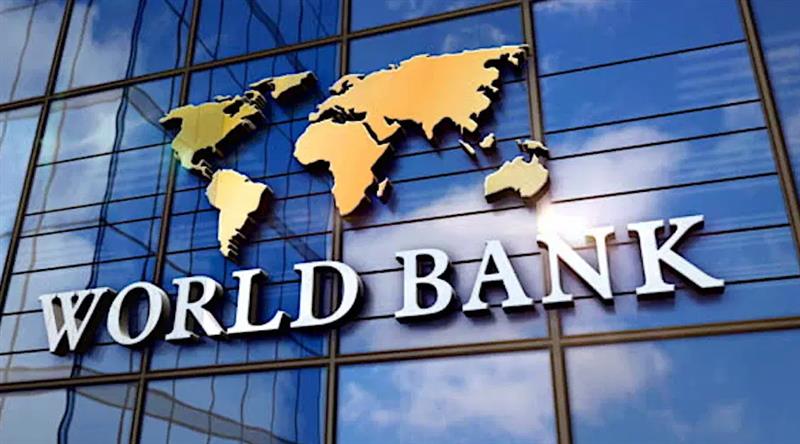FDI into developing countries dropped to $435B in 2023, the lowest since 2005, as rising global risks and trade barriers slowed investment flows.
A report released by the World Bank on June 16, 2025, recorded a decrease in foreign direct investment (FDI) to developing countries to 435 billion dollars as of 2023. It was the lowest investment in nearly 20 years, which was last seen in 2005. Data indicate that the state of the global economy is becoming increasingly uncertain as trade barriers and geopolitical tensions rise, eroding investor confidence.
The significant declines were also observed in FDI inflows to advanced economies, which decreased to $ 336 billion, the lowest level since 1996. The World Bank explained that the reduction of global investments was due to a combination of trade constraints, volatile geopolitics, and augmented policy risks. These two aspects have led investors to become apprehensive, resulting in a sudden withdrawal of investments in both the developed and developing worlds.
Emerging Markets Depend on FDI for Development
Foreign Direct Investment (FDI) is vital for the economic growth of most low- and middle-income countries. It comes with a flow of technology, employment, and exposure of the economy to world markets. Most governments utilise Foreign Direct Investment (FDI) to finance large-scale infrastructure projects, including roads, industrial parks, and energy infrastructure.
The World Bank states that the decline in FDI has led to significant gaps in infrastructure and development funding. The most affected areas include regions in Africa, Latin America, and certain parts of Asia. The report cautioned that lower investment might decelerate the achievement of development objectives, particularly in the already poor and unequal nations.
There are also numerous developing economies where FDI constitutes a significant percentage of their GDP. The trend of declines poses a risk to offset some of the gains in growth over the last 20 years. The World Bank pointed out that uncertainty of regulation and weak legal systems, as well as political instabilities, also discourage long-term investment.
Least Developed Countries Hit the Hardest
The general decrease in FDI did not affect every country. The most affected countries are the least developed ones, with the major economies of India, China, and Brazil still being the recipients of capital flows. In 2023, India was honoured with a capital of $28.1 billion, whereas impoverished countries were nowhere near this sum. The percentage of foreign direct investment in the world was 2% of this investment in these countries, which reflects an Increasing skew in the distribution of the global direct investment.
Between 2012 and 2023, India received 6% of the foreign direct investment (FDI) into developing countries. On the contrary, the most impoverished nations still struggle to attract foreign investment, thereby lagging even further behind in international development. The report recommends specific policy reforms to counter this trend and restore investor confidence.





